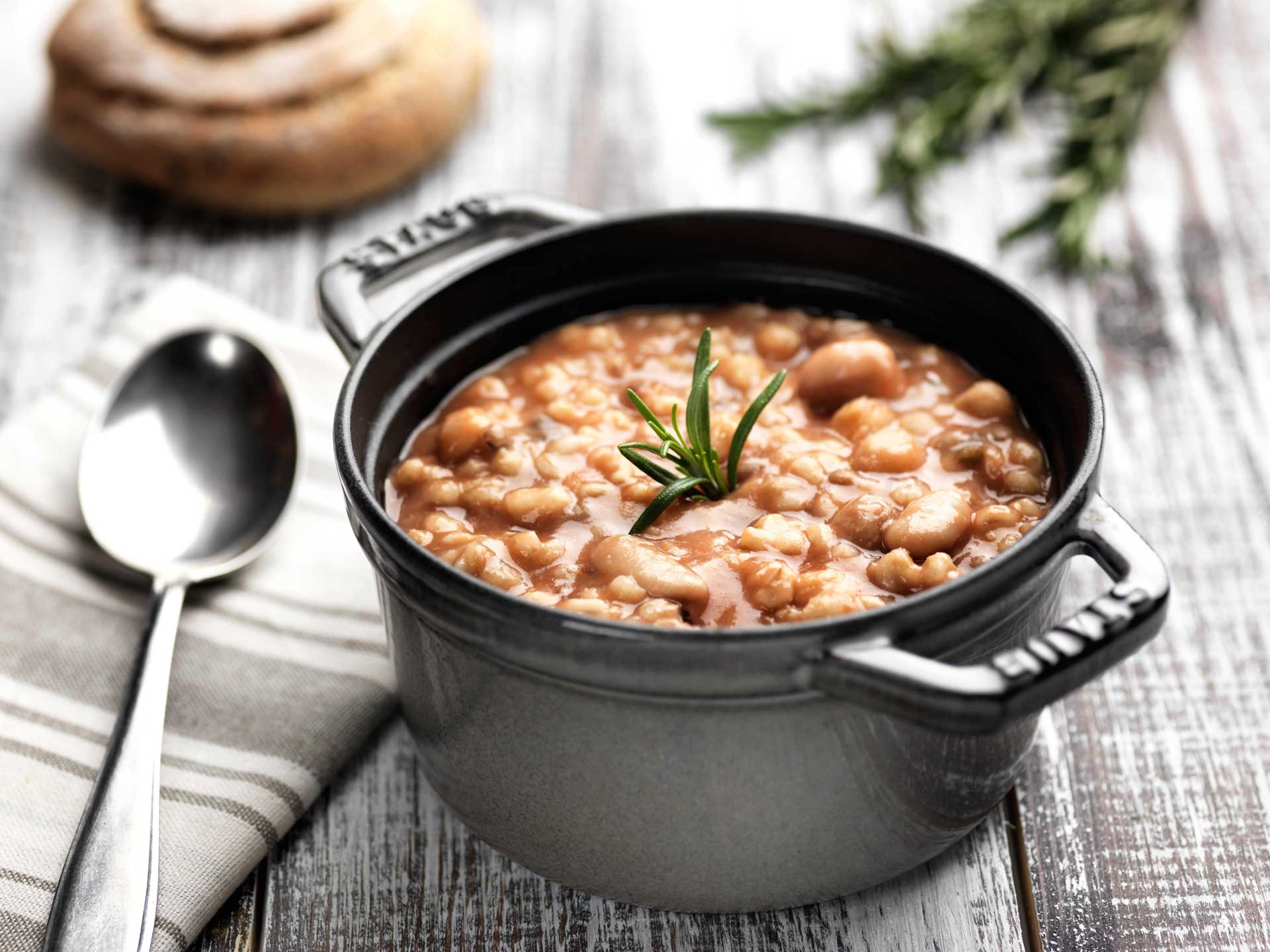
The "Good" Fats that Prolong Life
In recent years, we hear more and more about omega-3 and omega-6 concerning balanced and healthy diets, and how important their constant intake is to maintain good health and well-being.
But how many people know what they are and in which foods they are found?
Omega-3 and omega-6 are essential fatty acids, meaning fats that are indispensable for our bodies since they cannot be produced. Therefore, it is necessary to introduce them through daily nutrition.
A Mediterranean diet involves a total fat content ranging from 20 to 35% of the calories consumed, and only 5-10% should be PUFA (polyunsaturated fatty acids, including omega-3 and omega-6).
Dietary fats are essential; in fact, besides their reserve function, they perform various functions: they play an important role in hormonal regulation and in the absorption of fat-soluble vitamins, they are part of the structure of cell membranes, they participate in blood clotting, and are indispensable for the proper functioning of the cardiovascular and immune systems.
LARN - Reference intake levels for the Italian population
ADULTS AND ELDERLY
|
TOTAL LIPIDS |
20-35% EN |
|
SATURATED FATTY ACIDS |
<10% En |
|
|
|
|
PUFA |
5-10% En |
|
PUFA OMEGA-6 |
4-8% En |
|
PUFA OMEGA-3 |
0,5-2,0% En EPA-DHA 250 mg |
|
|
|
|
MUFA |
10-20% En |
|
|
|
|
TRANS FATTY ACIDS |
As little as possible |
|
CHOLESTEROL |
<300 mg |
|
|
|
% En: percentage of total diet energy
PUFA: polyunsaturated fatty acids; MUFA: monounsaturated fatty acids
EPA: eicosapentaenoic acid; DHA: docosahexaenoic acid
Through food, we tend to introduce more omega-6 and not sufficient amounts of omega-3. The former are abundant in vegetable oils (corn oil, sunflower oil), seeds, and nuts; omega-3s are mainly found in fish (cod, tuna, sardines, anchovies, salmon, sea bass, etc.) and in some plant-based foods.
Both omega-3 and omega-6 fats contribute to the prevention of certain diseases, such as diabetes mellitus and cardiovascular diseases; moreover, they participate in reducing inflammation (related, for example, to overweight and obesity).
They perform important functions within the body, in particular:
EPA and DHA contribute to the normal functioning of the heart; DHA contributes to the maintenance of normal brain function, if taken by the mother, during pregnancy and breastfeeding, it contributes to the normal development of the fetus's and baby's eyes and brain.
Omega-6s (linoleic acid or AL is the progenitor) are precursors of eicosanoids, substances that regulate inflammatory processes, contribute to the normal functioning of the immune system, are also involved in carbohydrate and lipid metabolism, participate in the regulation of blood pressure, and the activity of certain enzymes.
Therefore, one should consistently favor the intake of foods containing them, at any age, with a constant consumption of:
FISH (and ALGAE) where we find EPA and DHA > at least 3-4 times a week
OILY SEEDS (flaxseed, chia), NUTS, particularly rich in alpha-linolenic acid (ALA), the most abundant omega-3 in plant products, and to a lesser extent, GREEN LEAFY VEGETABLES and LEGUMES
VEGETABLE OILS derived from oily seeds (corn, sunflower, soy, etc.) and DRIED FRUITS (walnuts, almonds, hazelnuts, cashews, peanuts), sources of omega-6, especially linoleic acid AL.
Several sources suggest that a well-balanced diet should provide an omega-6: omega-3 ratio that meets approximately 4:1-5:1, all to ensure adequate prevention of the aforementioned cardiovascular risk factors.
Conversely, it is necessary to reduce the intake of:
Saturated fats found in animal products, eggs, milk and dairy products, fatty cheeses, butter, lard, cream; but also in plant-based foods (coconut oil and palm oil, cocoa butter).
Trans fatty acids present in margarines, sweet and savory packaged snacks, many spreadable products, and oils subjected to rectification.
Many studies show that a high consumption of saturated fats, trans fats, and cholesterol has negative effects on health, increasing cardiovascular risk factors (increase in LDL cholesterol, worsening of insulin resistance, increase in blood pressure, thrombosis, stroke); the correlation of use, therefore, increases the risk of developing serious cardiovascular diseases (atherosclerosis, thrombosis, stroke, etc.).
In the perspective of prevention and well-being, where the quality of fats consumed in the diet seems to be more important than the quantity, let's not forget extra virgin olive oil, the "good" fat par excellence, the undisputed king of the Mediterranean diet.
Comprising 63-83% of monounsaturated fatty acids (MUFA), especially oleic acid, saturated fatty acids (only 7-17%), and the rest of polyunsaturated fatty acids (linoleic acid and alpha-linolenic acid), in addition to Vitamin E and many other beneficial antioxidant substances (polyphenols) for health.






